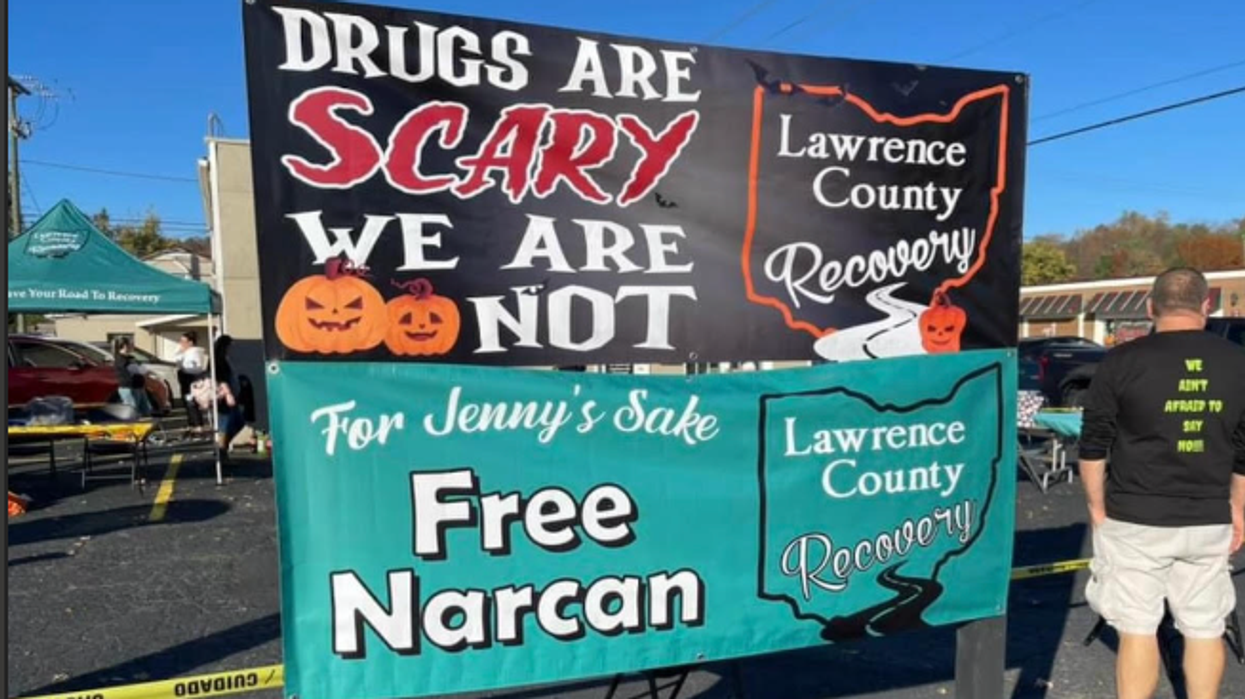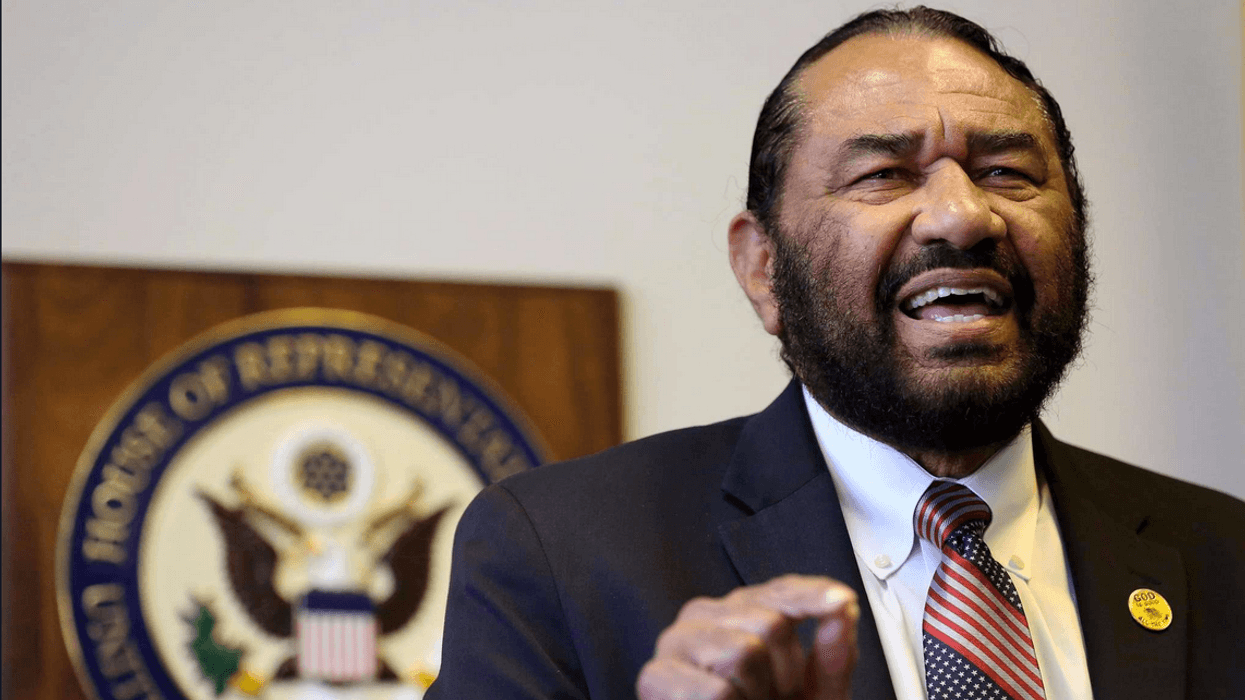Warren Calls for Probe as Whistleblowers Accuse Trump Appointees of 'Systematically Destroying' Fair Housing Act
Warren says new whistleblower reports "show the extent of the Trump administration's attack on civil rights and show how the administration appears to be ignoring the law."
US Sen. Elizabeth Warren is calling for an investigation into the Department of Housing and Urban Development after several whistleblowers reported that Trump appointees have gutted enforcement of the decades-old law banning housing discrimination.
A New York Times report published Monday, quotes "half a dozen current and former employees of HUD’s fair housing office" who "said that the Trump political appointees had made it nearly impossible for them to do their jobs" enforcing the 1968 Fair Housing Act "which involve investigating and prosecuting landlords, real estate agents, lenders and others who discriminate based on race, religion, gender, family status or disability."
In a video posted to social media, Warren (D-Mass.) explained that “if you’re a mom protecting her kids from living with an abusive father or if you’re getting denied a mortgage because of the color of your skin, you have civil rights protection under US law. But the Trump administration has been systematically destroying these federal protections for renters and homeowners.”
According to the Times, when President Donald Trump's Department of Government Efficiency, formerly led by billionaire Elon Musk, launched its crusade to dismantle large parts of the federal government at the start of Trump's second term earlier this year, the Office of Fair Housing (OFH) had its staff cut by 65% through layoffs and reassignments, with the number of employees dropping from 31 to 11. Just six of the remaining staff now work on fair housing cases.
The number of discrimination charges pursued by the office has plummeted since Trump took office. In most years, it has 35. During Trump's second term, the office has pursued just four. Meanwhile, it's obtained just $200,000 total in legal settlements after previously obtaining anywhere from $4 million to $8 million per year.
Emails and memos obtained by the Times show a pattern of Trump appointees obstructing investigations:
In one email, a Trump appointee... described decades of housing discrimination cases as “artificial, arbitrary, and unnecessary.”
In another, a career supervisor in the department’s [OFH] objected to lawyers being reassigned to other offices; the supervisor was fired six days later for insubordination.
In a third, the office’s director of enforcement warned that Trump appointees were using gag orders and intimidation to block discrimination cases from moving forward. The urgent message was sent to a US senator, who is referring it to the department’s acting inspector general for investigation.
Several lawyers said they have been restricted from using past cases in enforcement and communicating with certain clients without approval from Trump's appointees.
A memo also reportedly went out to employees informing them that documents “contrary to administration policy” would be thrown out, and that “tenuous theories of discrimination” would no longer be pursued.
Among those supposedly "tenuous" cases have been ones involving appraisal bias—the practice of undervaluing homes owned by Black families—zoning restrictions blocking housing for Black and Latino families, and cases related to discrimination against people over gender or gender expression.
The administration has also abandoned cases related to the racist practice of "redlining"—the decades-old practice of denying mortgages to minorities and others in minority neighborhoods—with memos from Trump appointees calling the concept "legally unsound."
The changes follow a sweeping set of executive orders from Trump during his first week in office, targeting "diversity equity, and inclusion" (DEI) programs. Employees at the Office of Fair Housing told the Times that Trump appointees had begun to describe much of the department's work as "an offshoot of DEI."
A HUD spokesperson, Kasey Lovett, told the Times that it was "patently false" to suggest that the administration was trying to weaken the Fair Housing Act. She pointed out that HUD was still handling approximately 4,100 cases this year, on par with the previous year. As the Times notes, "Lovett did not address, however, how many of the cases had been investigated or had resulted in legal action."
According to the Times:
Hundreds of pending fair housing cases were frozen, and some settlements revoked, even when accusations of discrimination had been substantiated, according to the interviews and the internal communications.
In one instance, a large homeowner’s association in Texas was found to have banned the use of housing vouchers by Black residents. That case had been referred to the Justice Department, but the referral was abruptly withdrawn by the new Trump appointees.
Four current staff members have provided the trove of documents to Warren, who announced Monday that she'd sent a request to Brian Harrison, HUD’s acting inspector general, to open an investigation into its handling of discrimination cases.
Warren said that the documents "show the extent of the Trump administration's attack on civil rights and show how the administration appears to be ignoring the law."
In a press release from the Democrats on the Senate Committee on Banking, Housing, and Urban Affairs, Warren, the ranking member, highlighted the particularly devastating impact staffing cuts have had on the enforcement of complaints under the Violence Against Women Act, which the Times says only two of the six lawyers remaining at HUD have experience with.
According to Warren, whistleblowers said the cuts were "placing survivors in greater danger of suffering additional trauma, physical violence, and even death."
Warren said that as a result of the hundreds of dropped cases, "Now people are asking, 'well, why would I file a case at all if nothing's going to happen?'"
Calling for an independent investigation, Warren said, "We wrote these laws to make this a fairer America, and now it's time to enforce those laws."


